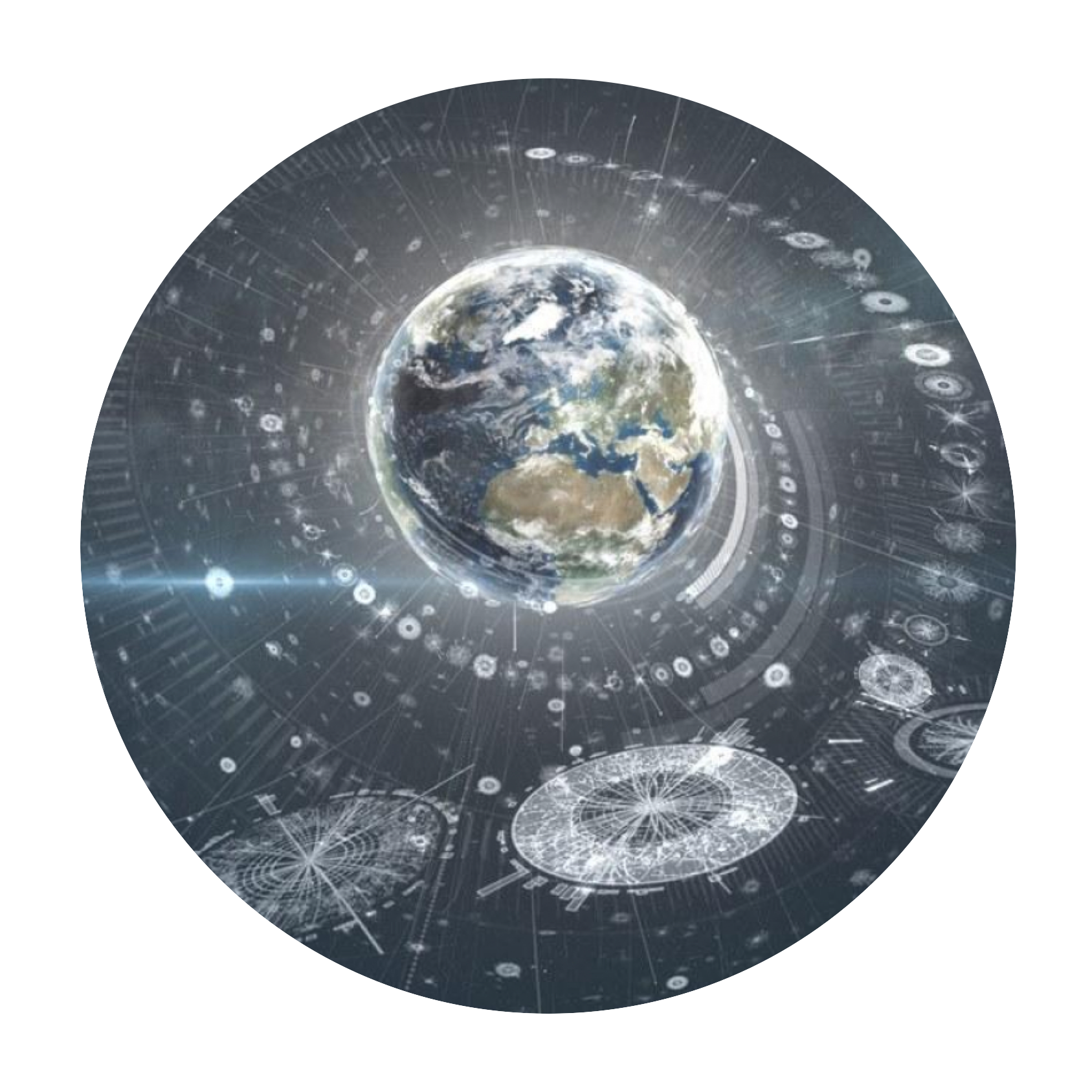Universal Science
Universal Science
University of British Columbia, Earth Sciences Building atrium (under the Plesiosaur) - 27 June 2023 - 18:00 PDT
Curiosity, Diversity, Discovery
Universal Science is organized as part of the ATLAS Collaboration Week hosted by the University of British Columbia and TRIUMF
An evening with the experts on how we are using basic research and an internationally diverse set of scientists to answer our most fundamental questions about the universe, and how this effort directly benefits humankind.
The event will feature short presentations on Particle Physics, Applications to Society (Hockey!) and International Collaboration, followed by an open panel discussion and Q&A on current and future possibilities in each area.
This event has been organized by members of the University of British Columbia, TRIUMF, Templeton Secondary School, the International Particle Physics Outreach Group (IPPOG) and the ATLAS experiment at CERN.
Header image credit © CERN

Agenda
- 18:00 - Doors open, snacks, hands-on exhibits by students & physicists
- 18:30 - Introduction
- 18:40 - Particle physics and its dark side (Monica Dunford)
- 19:00 - Physics of Hockey in Video Games (Michele Petteni)
- 19:20 - Diversity in Science: Why it matters (Flavia Dias)
- 19:40 - Break
- 20:00 - Panel Introductions
- 20:15 - Q&A and panel discussion
- 21:00 - End of programme
Speakers
Particle physics and its dark side
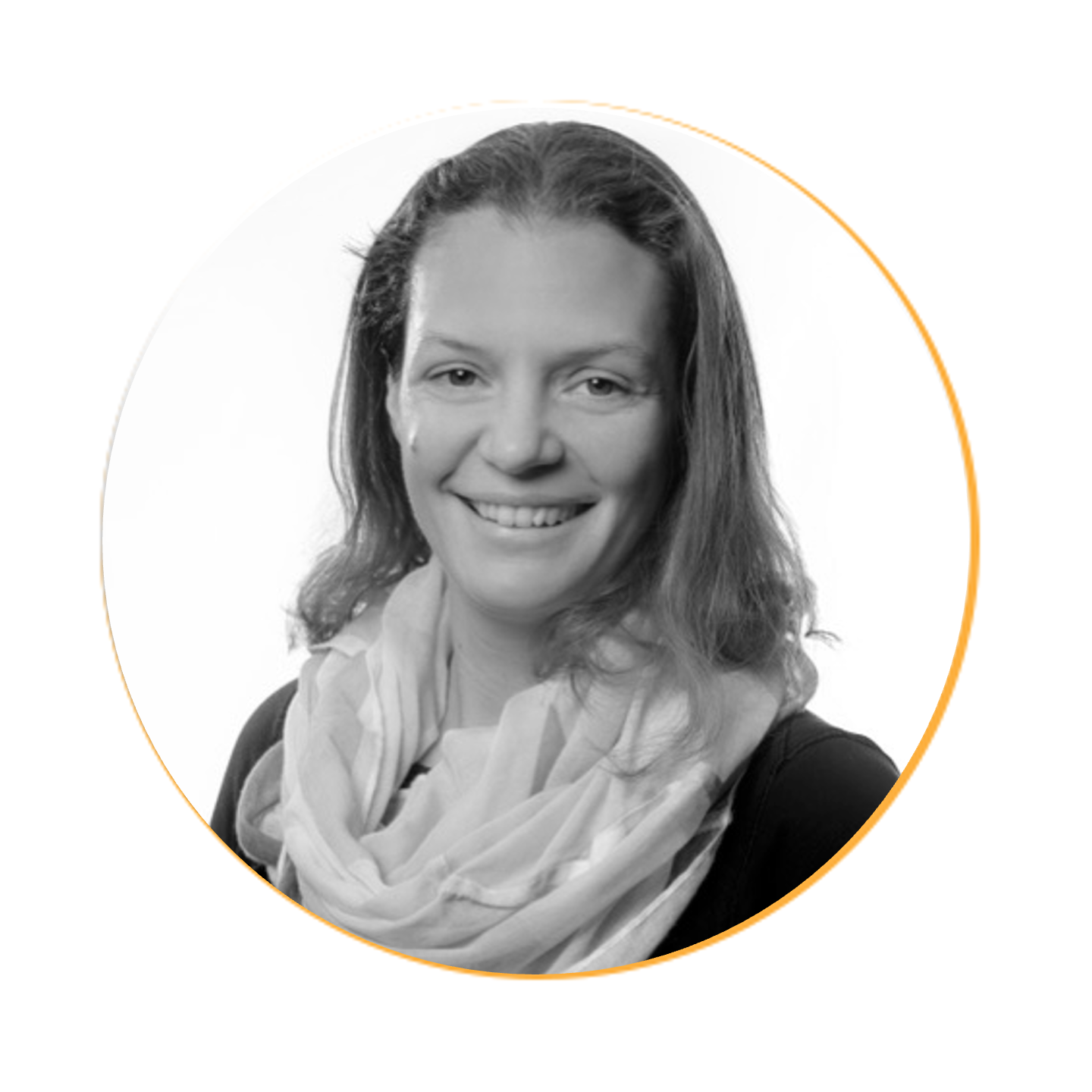
Monica Dunford, Physicist, Heidelberg University, ATLAS Experiment
Monica Dunford is an experimental high-energy particle physicist working on the ATLAS detector at the Large Hadron Collider at CERN. She is currently at the Heidelberg University in Germany. Her research ranges from combing through petabytes of data in search of new elusive particles to crawling in small, dusty places connecting thousands of kilometers of cables.
Physics of Hockey in Video Games
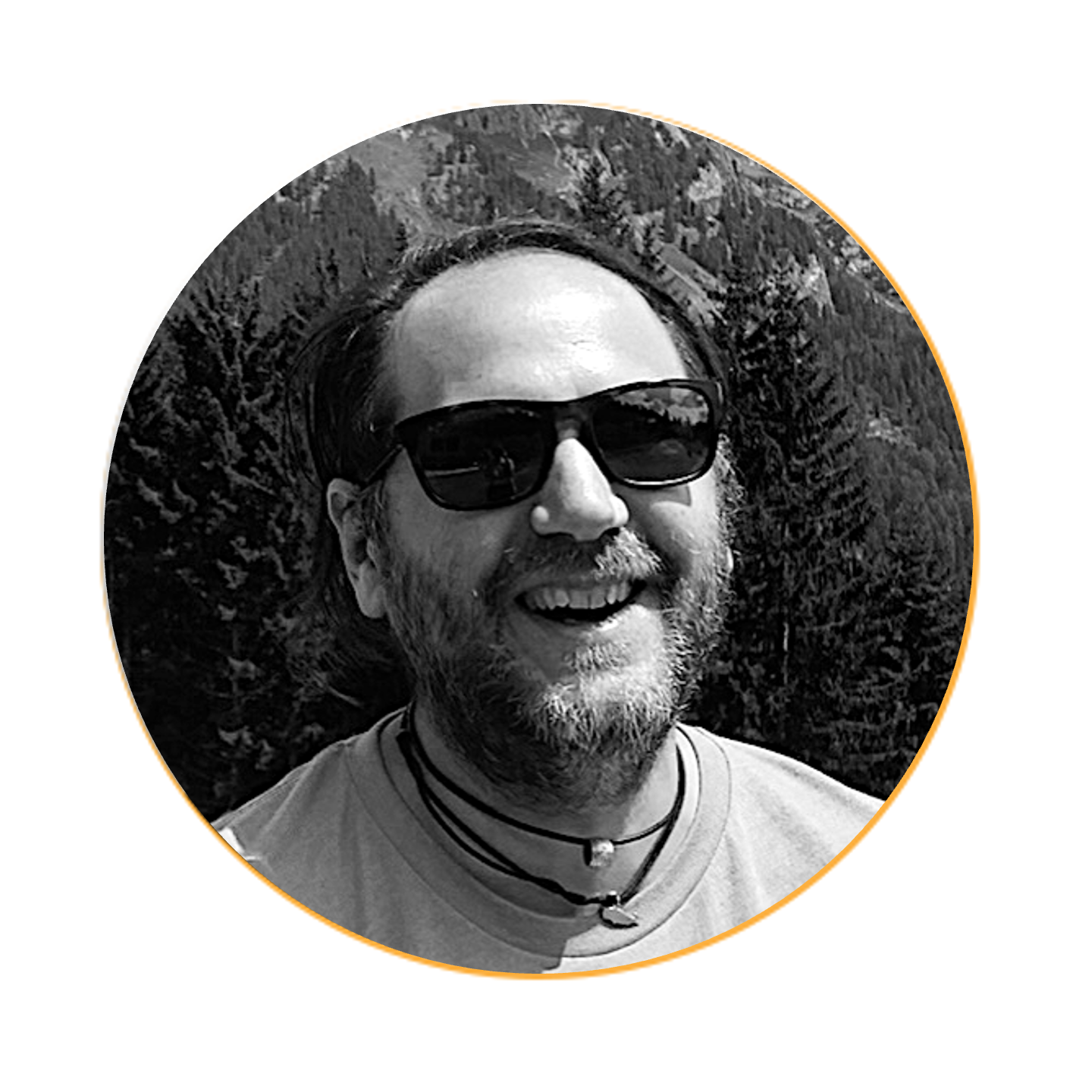
Michele Petteni, Senior Software Engineer, Electronic Arts
Michele Petteni is a senior software engineer working at Electronic Arts on the NHL gameplay team. He obtained his undergraduate degree at Imperial College London in physics (MSci), with a thesis in computational astrophysics. Subsequently Michele completed his PhD and was awarded a PPARC junior fellowship, both with Imperial College, on the DZero experiment at Fermilab. There he predominantly worked on silicon tracker hardware, jet energy calibration and Higgs boson searches. After a stint in statistical genetics, Michele moved back to particle physics research, this time on the ATLAS experiment at CERN for Simon Fraser University, working on data quality and extra dimension searches. In 2013, Michele changed career paths and joined Electronic Arts to work on the physics simulation of the ice hockey puck. Since then Michele has worked on a variety of topics within gameplay, specializing in physics and animation, as well as working on the Frostbite physics engine team.
Diversity in Science: Why it matters
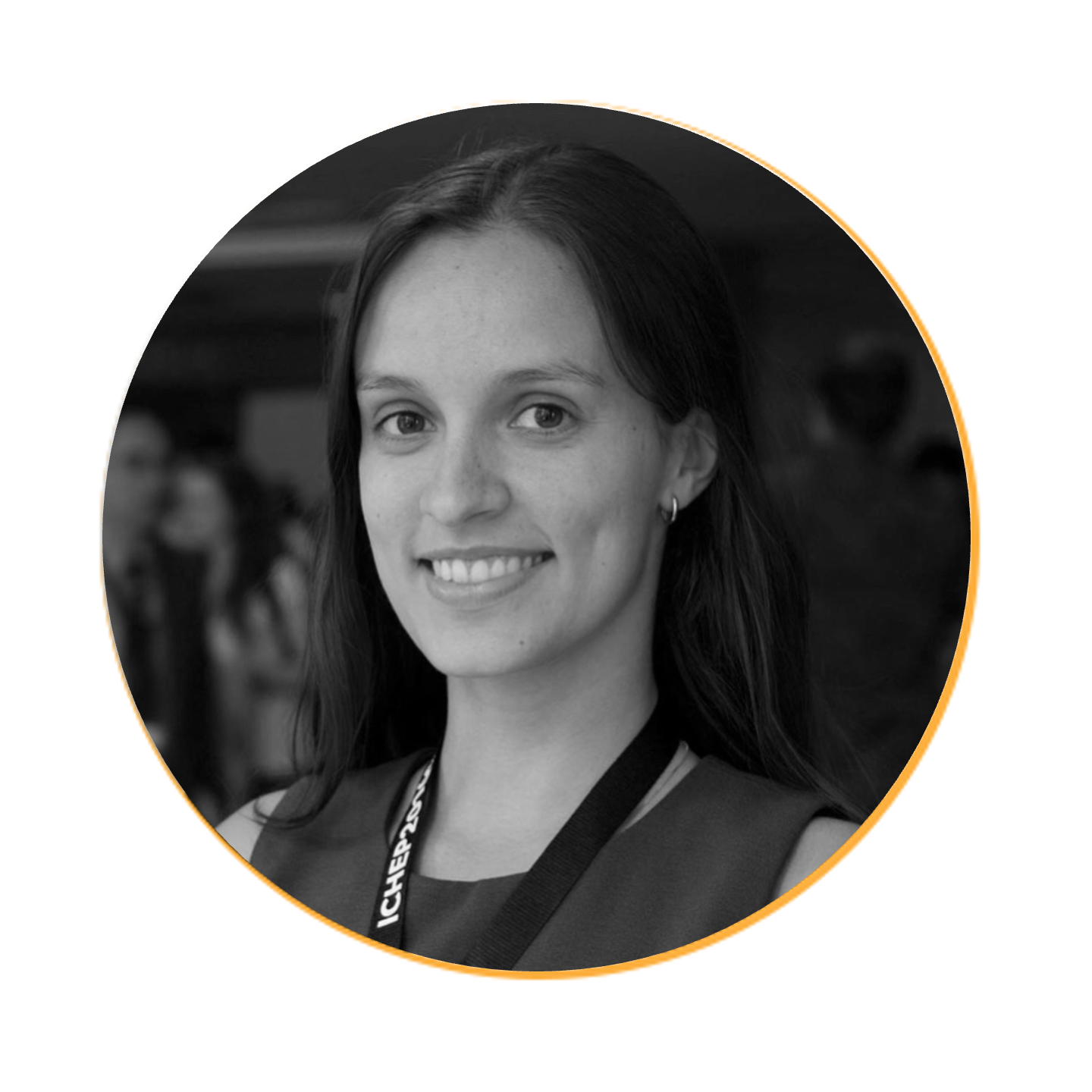
Flavia Dias, Physicist, University of Amsterdam, ATLAS Experiment
Flavia Dias is an Assistant Professor and MacGillavry Fellow at the University of Amsterdam and a staff scientist at Nikhef since 2020, as a member of the ATLAS group. For the past 15 years, she has been working on LHC experiments. Before coming to Amsterdam, she was a Postdoc at the Niels Bohr Institute in Copenhagen, Denmark, and at the University of Edinburgh in Scotland. Prof. Dias is originally from Brazil, where she did her PhD at the São Paulo State University in association with the California Institute of Technology (Caltech) in the USA, as part of the CMS experiment. Flavia is passionate about looking for new particles at the LHC. She has worked with analyses searching for extra spatial dimensions, new gauge bosons, extra Higgs bosons and dark-matter mediators. She is currently coordinating the ATLAS Exotics group, which is responsible for over 90 searches for physics beyond the Standard Model. Her main area of research is the investigation of diboson processes at very high energies, which open the possibility to uncover new physics beyond the reach of the LHC by using the Effective Field Theory framework.
Panelists
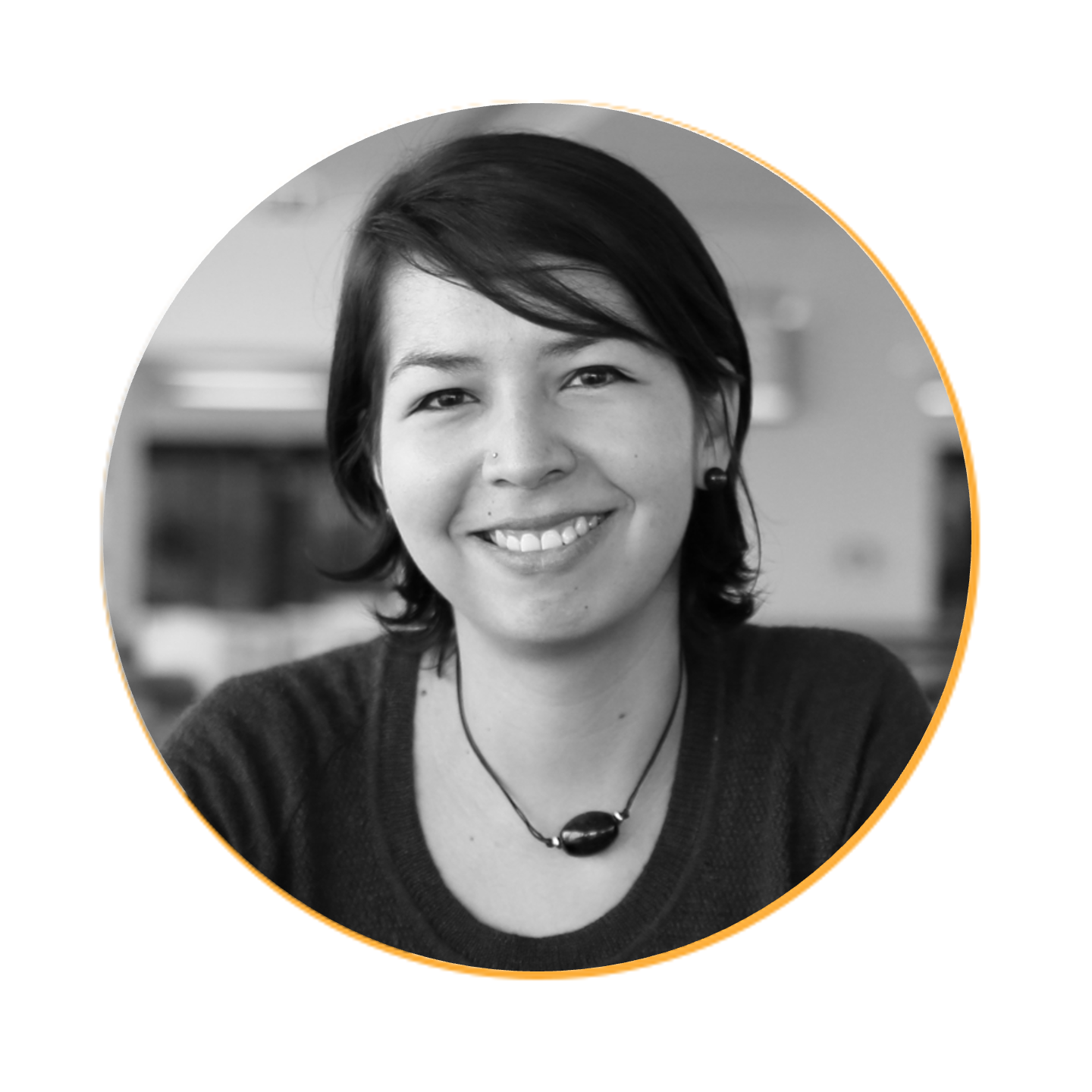
Reina Camacho Toro, Physicist, CNRS, ATLAS Experiment
Reina Camacho Toro is a researcher at the French National Centre for Scientific Research (CNRS) in France. She is a member of the ATLAS experiment at the Large Hadron Collider at CERN. She has a degree in Physics from Universidad de Los Andes in Venezuela, and a PhD in Particle Physics from Université Blaise Pascal in France. She splits her time between data analysis in order to understand the smallest components of matter, instrumentation R&D, and science-capacity building programmes linking the next generation of scientists in Europe and Latin America. Reina is part of the coordination team of the European Commission Erasmus+ project LA-CoNGA physics (Latin American alliance for Capacity buildING in Advanced physics).
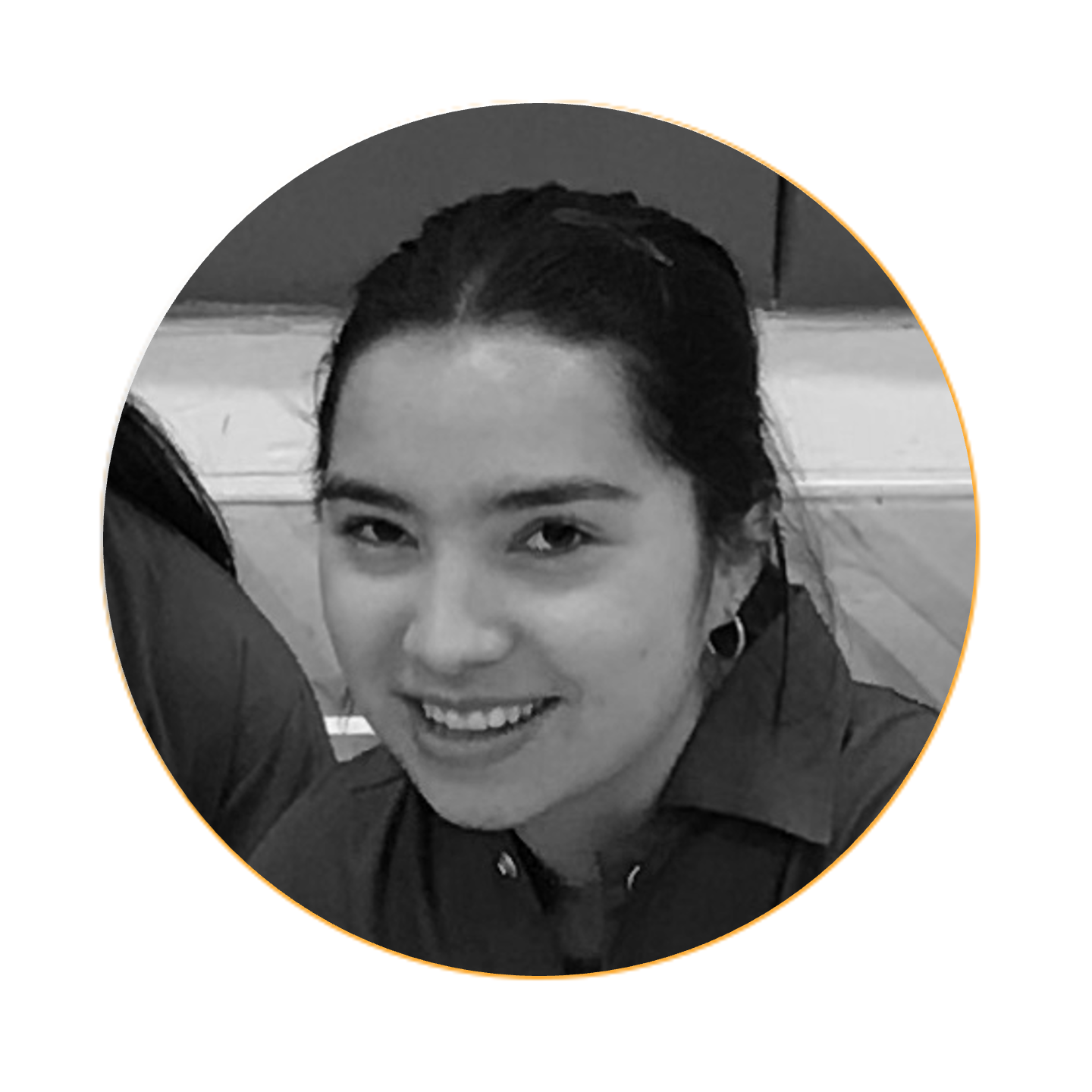
Aurelia Van, Grade 12 Student, Templeton Secondary, STEM Program, FRC Robotics Captain
Aurelia Van is currently a grade 12 student at Templeton Secondary School. Aurelia is a member of the STEM based learning program and the current captain and founding member of the school’s all-girls and gender minorities FRC robotics team, the 7332 Puddle Jumpers. This is her first year in the STEM program, and third year on the robotics team. She is planning on studying physics and engineering in University.
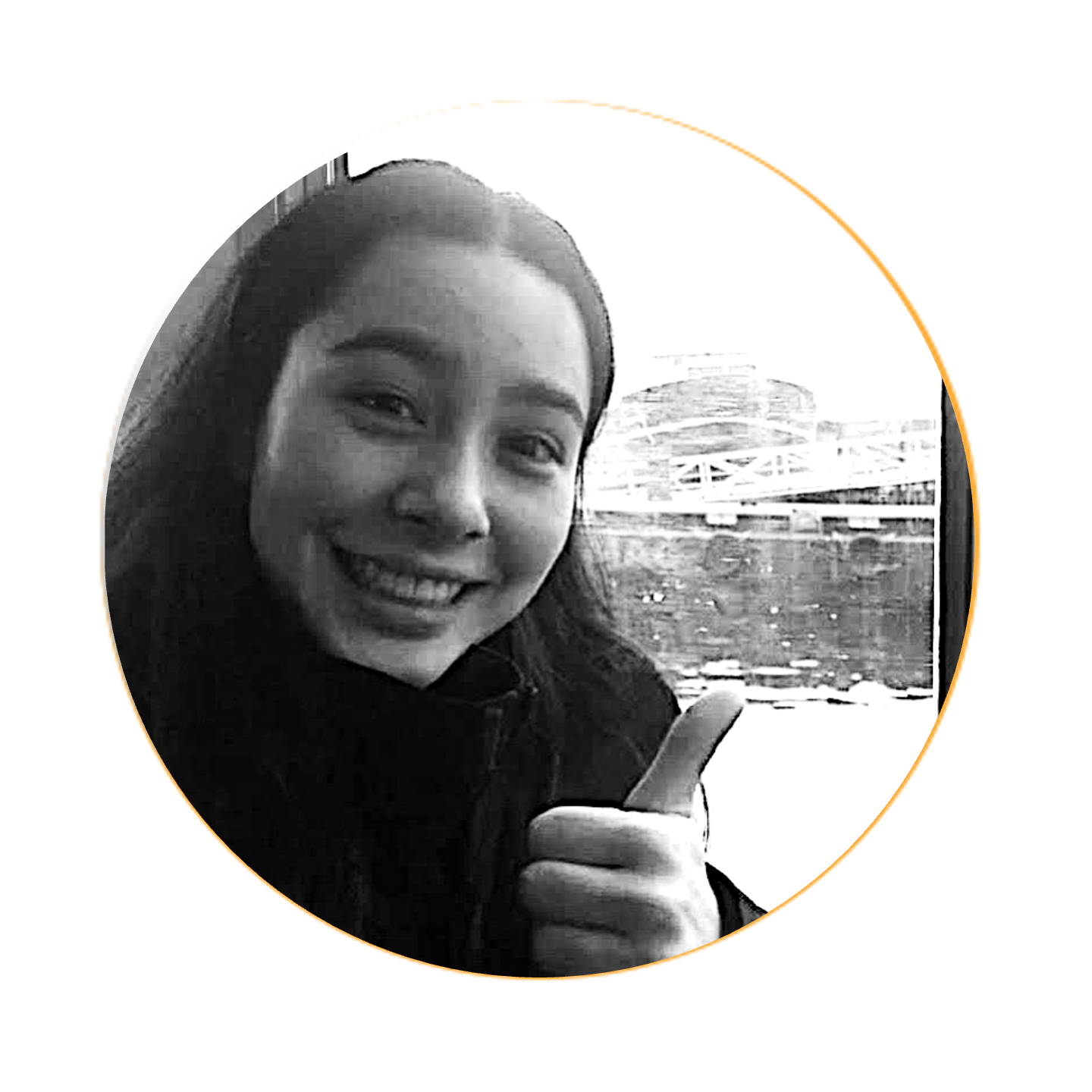
Moeka Gray, Grade 12 Student, Templeton Secondary, STEM Program
Moeka Gray is currently a grade 12 student at Templeton Secondary. She has been a part of the Templeton STEM based learning program for the past 5 years. Despite her many years pursuing science, her interest in international relations and humanities has led her to study Arts at UBC rather than continuing on in the STEM field.
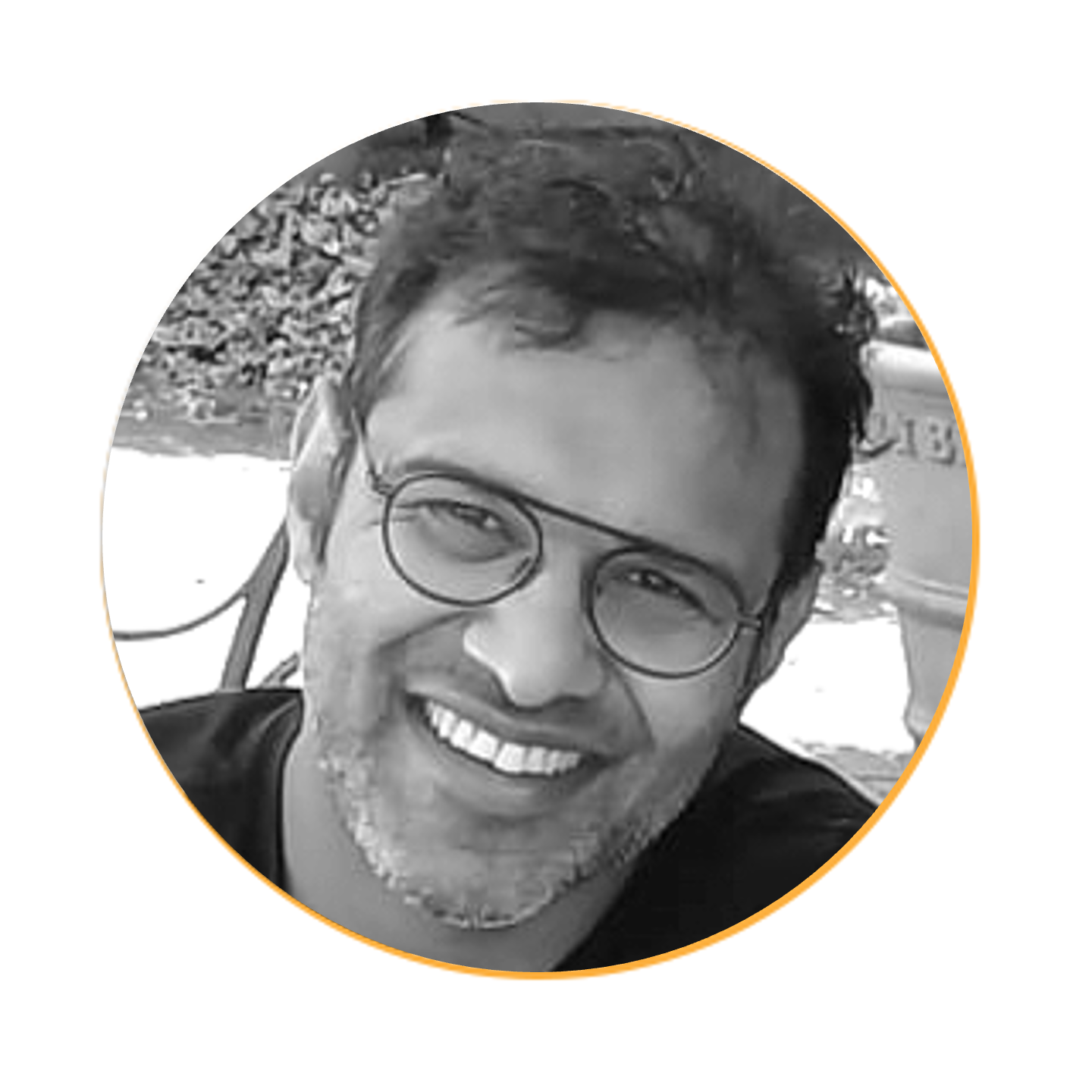
Sahal Yacoob, Physicist, University of Cape Town, ATLAS Experiment
Sahal Yacoob is an Associate Professor at the University of Cape Town where they previously completed their undergraduate education and an MSc in Theoretical Physics. Sahal obtained a PhD in Experimental Particle Physics at Northwestern University in Evanston IL, USA. Sahal enjoys precision measurements as exciting tools to probe the boundaries of our knowledge of nature and the associated challenges of data collection. Success in these areas has allowed Sahal to work on improving diversity and inclusivity on the ATLAS experiment, at the University of Cape Town, and more broadly with initiatives from the International Particle Physics Outreach Group (IPPOG) and the South African Young Academy of Science.
Hosts
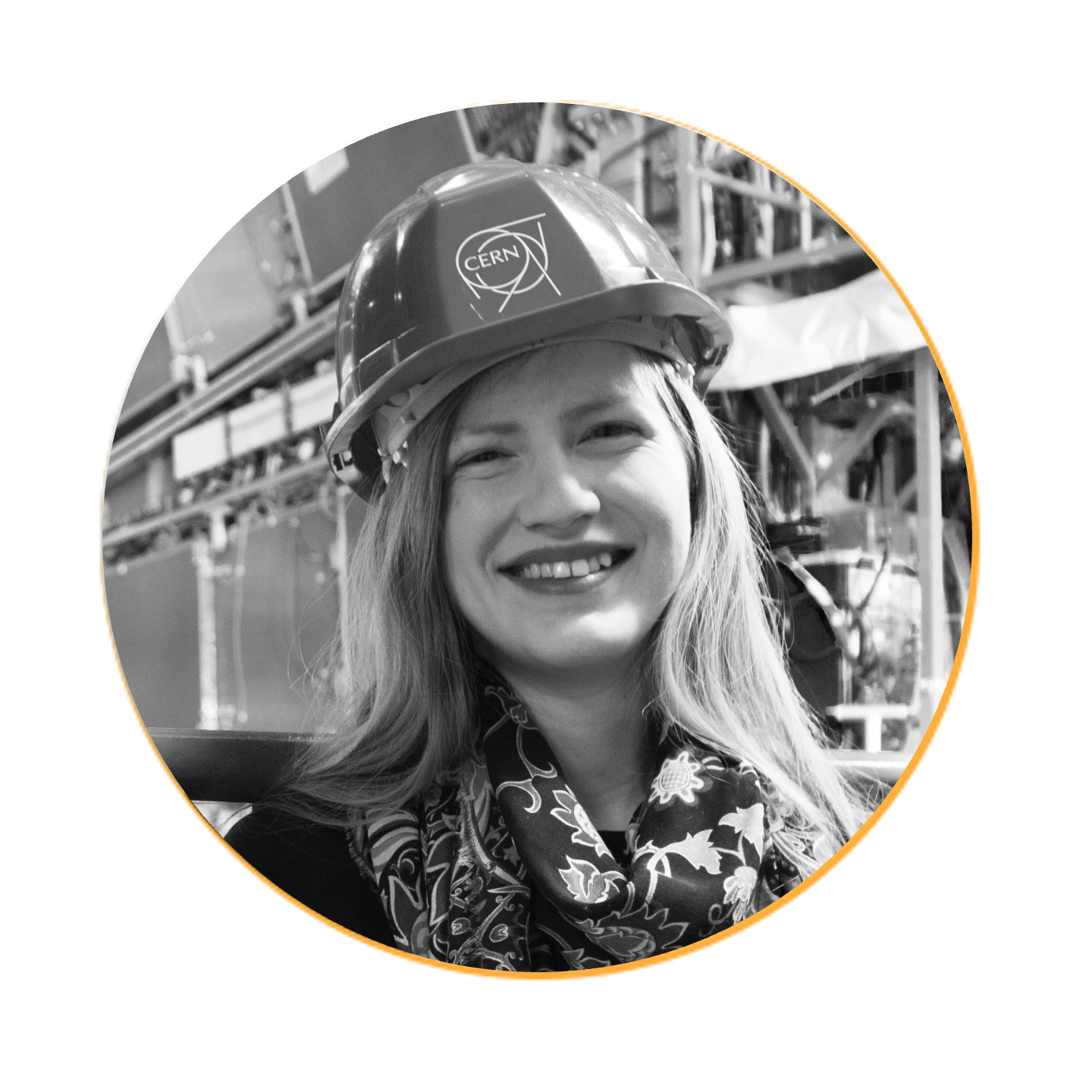
Katarina Anthony, Science Communicator, CERN, ATLAS Experiment
Katarina Anthony is a science communicator working for CERN and has been a member of the ATLAS Collaboration since 2015. She manages the public communications for ATLAS, sharing the excitement of particle physics with audiences worldwide. She is a graduate of Imperial College London, where she studied Physics (BSc) and Science Communication (MSc).
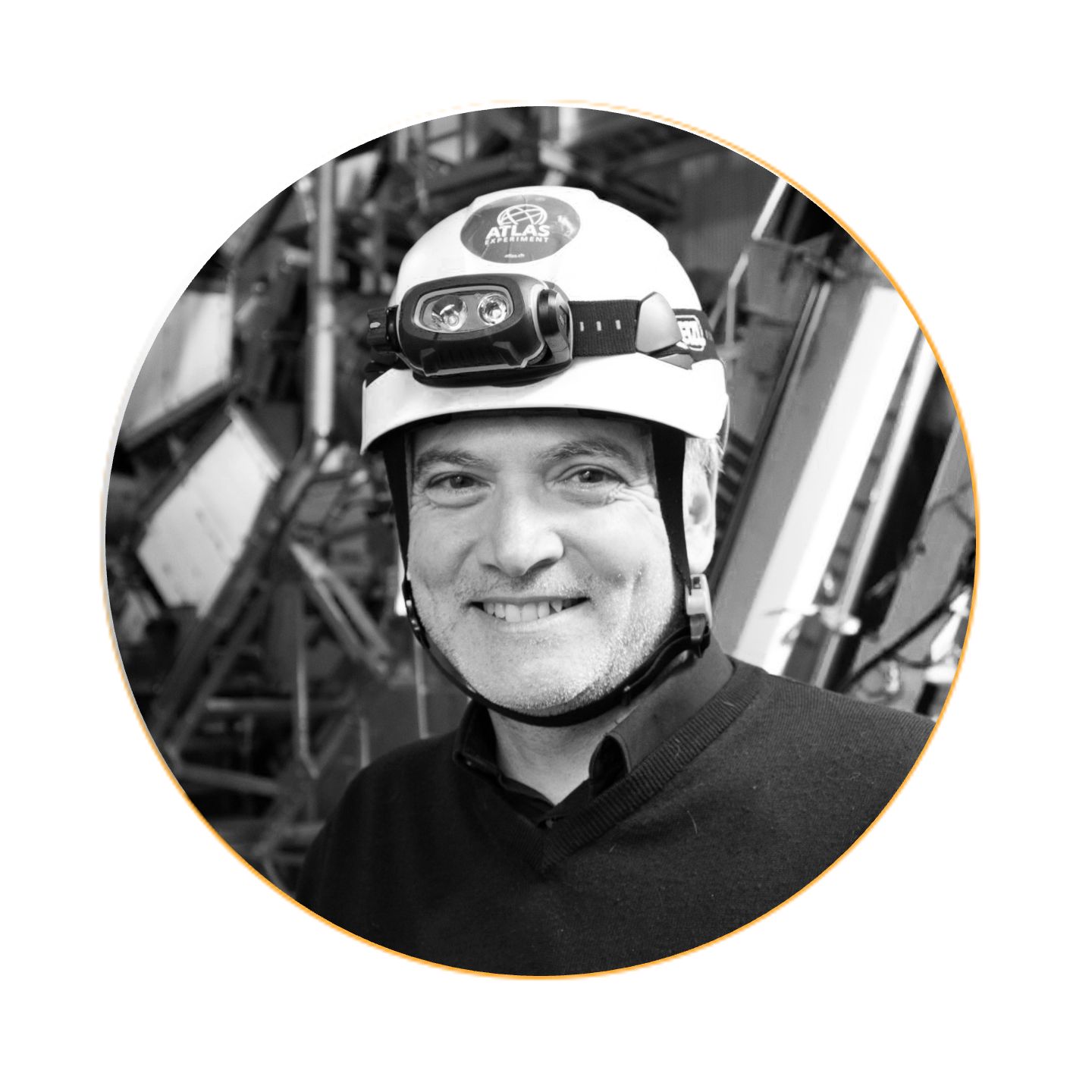
Steven Goldfarb, Physicist, University of Melbourne, ATLAS Experiment
Steven Goldfarb is a particle physicist from the University of Melbourne working on the ATLAS Experiment at CERN. He has served as Muon Software Coordinator, Outreach Coordinator, and recently chaired the International Particle Physics Outreach Group (IPPOG). He is an American Physical Society Fellow and currently coordinates University of Michigan undergraduate programmes at CERN. Steve frequently gives public talks on science and international collaboration, co-wrote a popular TED Ed video “The basics of the Higgs boson” and fronts the world-famous Canettes Blues Band.
